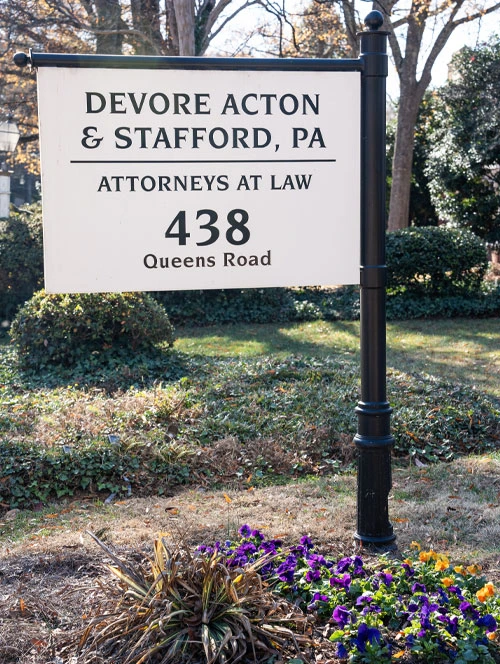A to Z: links to Charlotte, Mecklenburg County, NC and U.S. laws

One of the goals for our Charlotte Civil Litigation Law blog is provide convenient access to usable information about the often-complicated and overlapping legal systems that describe and protect our rights, lives and property.
In this post, we’re going to supply you with some links that’ll take you to sites where you’ll find Charlotte’s municipal code, Mecklenburg County’s ordinances, North Carolina’s General Statutes and last, but not least, the U.S. Code.
Easy election info
Before we dive into all of that, let’s briefly divert to the rapidly approaching Nov. 3 presidential election. There’s no need to delve here into that hotly contested match-up, but we do urge you to make your voice heard by casting a ballot.
Click here to register to vote and click here to check your registration. Please click here for information on absentee voting in Mecklenburg County and click here for information about voting in person.
Queen City ordinances
Longtime Charlotte know as well as anyone how growth over the past few decades has transformed the Queen City. There’s been growth as well in the city’s Code of Ordinances, which break down into the following categories: the Charter, General Provisions, Administration, Animals, Aviation, Buildings and Building Regulations, Businesses and Trades, Cemeteries, Fire Prevention and Protection, Floodplain regulations, Health and Sanitation, Housing, Human Relations, Licenses, Motor Vehicles and Traffic, Offenses and Miscellaneous Provisions, Police, Soil Erosion and Sedimentation Control, Stormwater, Streets, Sidewalks and Other Public Places, Subdivisions Trees, Vehicles for Hire, and Water, Sewers and Industrial Waste Discharge Restrictions.
There’s also an appendix in which you can find Charlotte’s zoning regulations.
County, State and Federal links
Here’s a link to Mecklenburg County Ordinances, which run from Air Pollution Control all the way to Zoning Ordinance.
Here are the North Carolina General Statutes and here’s a link to the North Carolina Government home page, where you can find links to the executive branch, legislative branch, and our favorite, the judicial branch (with the Supreme Court and Court of Appeals and Superior Court).
That brings us to the U.S. Code and Code of Federal Regulations.
None of it is light reading, of course, but much of it is important and all of it is part of who we are and what we value as a city, county, state and nation.

request your consultation
"*" indicates required fields


